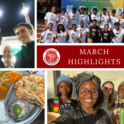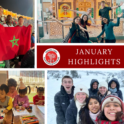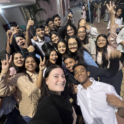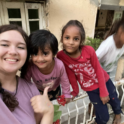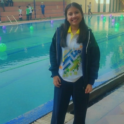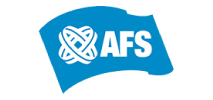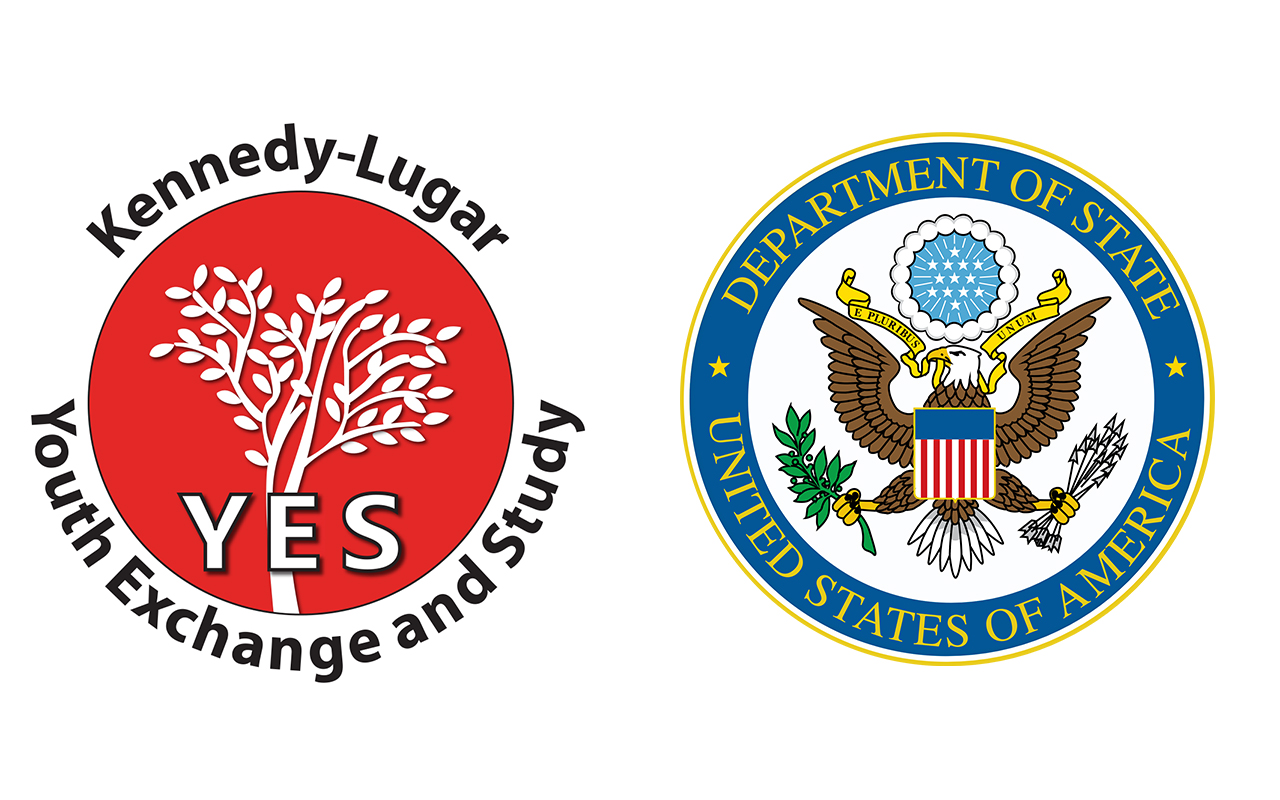India
Study in INDIA with YES Abroad!
India, known officially as the Republic of India, is the world's seventh largest country and the second most populous. India declared its independence in 1947 through a peaceful revolution. India's constitution declares it a sovereign, secular, and democratic nation. The most widespread religion in India is Hinduism, followed by Islam. India has the highest Muslim population of any non-Muslim majority country. While Hindi is the most commonly spoken language in day-to-day transactions and is the official language of the government, English is the language of business and higher education along with being the accepted official government language across the country. In addition to Hindi and English, over 120 major languages are also used throughout the country. India's climate is shaped by the presence of the Himalayas in the north and the Thar Desert in the northwest. The combination of these two geographical regions keeps India very warm in the summer and causes seasonal monsoons from June to September.
Indian culture is characterized by brilliant colors, spices, and musical traditions. While traditions vary by geographic region, you will see men and women in both modern and traditional dress wherever you are, though residents of larger cities more commonly dress in modern Indo-Western or Western clothing. Food also varies greatly by region. The usual diet in India generally includes legumes, fruits, dairy products, eggs, meat, fish, honey, grains and vegetables. Vegetarian diets are somewhat more common in some regions due to the influence of Jainism and Hinduism. In the north, a Tandoor grill, roti is commonly served with a meal. Roti is an unleavened flatbread made of whole wheat flour. It is light and has no filling and is served with veggies, pulses, or meat preparations. In the south, you may find spicier dishes served with rice and lentils. Bollywood films originated in Mumbai and are loved throughout the country.Traditional and folk Indian dance is still a prominent part of any celebration, especially weddings.
Most host communities are urban or suburban, and while some host families may own a car, the most common forms of transportation are cars, buses, auto rickshaw, taxis, metro train, local train, bicycle, or walking. Students typically commute anywhere between 15 and 45 minutes each way by bus, van, metro train, local train, or car to their host schools.
Learn more about being a YES Abroad student in India:
Host Family
Students will live with host families in order to experience true immersion in the local culture. Families are selected based on recommendations by members of the local community, and each is carefully screened by AFS staff and volunteers. While each family is highly regarded by their neighbors, host family situations and accommodations vary, and each provides a unique experience for each student. Host communities exist through the presence of a strong support network, with a local volunteer, staff member, or liaison available to each student.
Your High School
Students will attend public Indian schools, which are the equivalent of private schools in the United States. The primary language of instruction is English, but sometimes the local language will also be used. School typically runs Monday to Friday, and uniforms are customary. Schools typically offer limited extracurricular activities, such as drama, music, or sports. Most Indian schools offer four curriculum tracks: Medical, Non-Medical, Commerce, and Humanities. YES Abroad students are typically assigned to the Humanities track.
The Political & Security Environment
The United States enjoys good relations with India. It is an active member in organizations such as the G-20, the UN, and the WTO.
For more information, visit the CIA World Factbook.
Health & Safety
With a nearly 20-year presence in India, AFS draws on strong local connections for a deep understanding of the intercultural, health, safety, and security issues. Students are given safety briefings by AFS staff and registered with the U.S. Embassy in New Delhi to receive travel alerts. AFS works closely before arrival and throughout the exchange year to discuss and prepare for students' well-being. YES Abroad students are supported on the ground by AFS staff members and volunteers. Each student is given a mobile phone upon arrival for emergency use, along with the contact number for the local support representative and the national AFS India office. Students are covered by medical and political and security evacuation benefits. Students, host families, and natural families have access to a 24-hour emergency number, and AFS staff and volunteers are trained to deal with incidents that may occur on-program.
For further information on India, visit the U.S. Department of State's website.
Enrichment Activities
Students may have the opportunity to take part in various activities to increase their interaction with local peers in India. Activities may include field trips, sporting events, cultural excursions, social outings, and community service projects. Examples of previous enrichment activities include:
- Meeting with the Public Affairs Section of the U.S. Embassy;
- Cultural days with Indian YES alumni who studied in the United States, which allow students to experience activities such as Indian dance, drama, music, and arts and crafts;
- Community service activities, such as volunteering with organizations for children with disabilities


